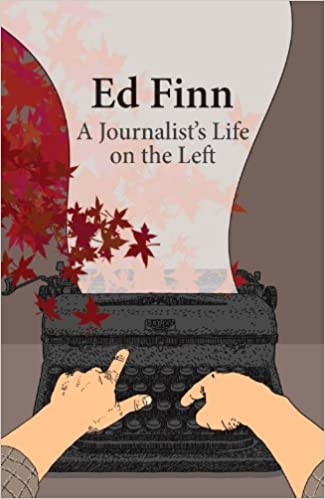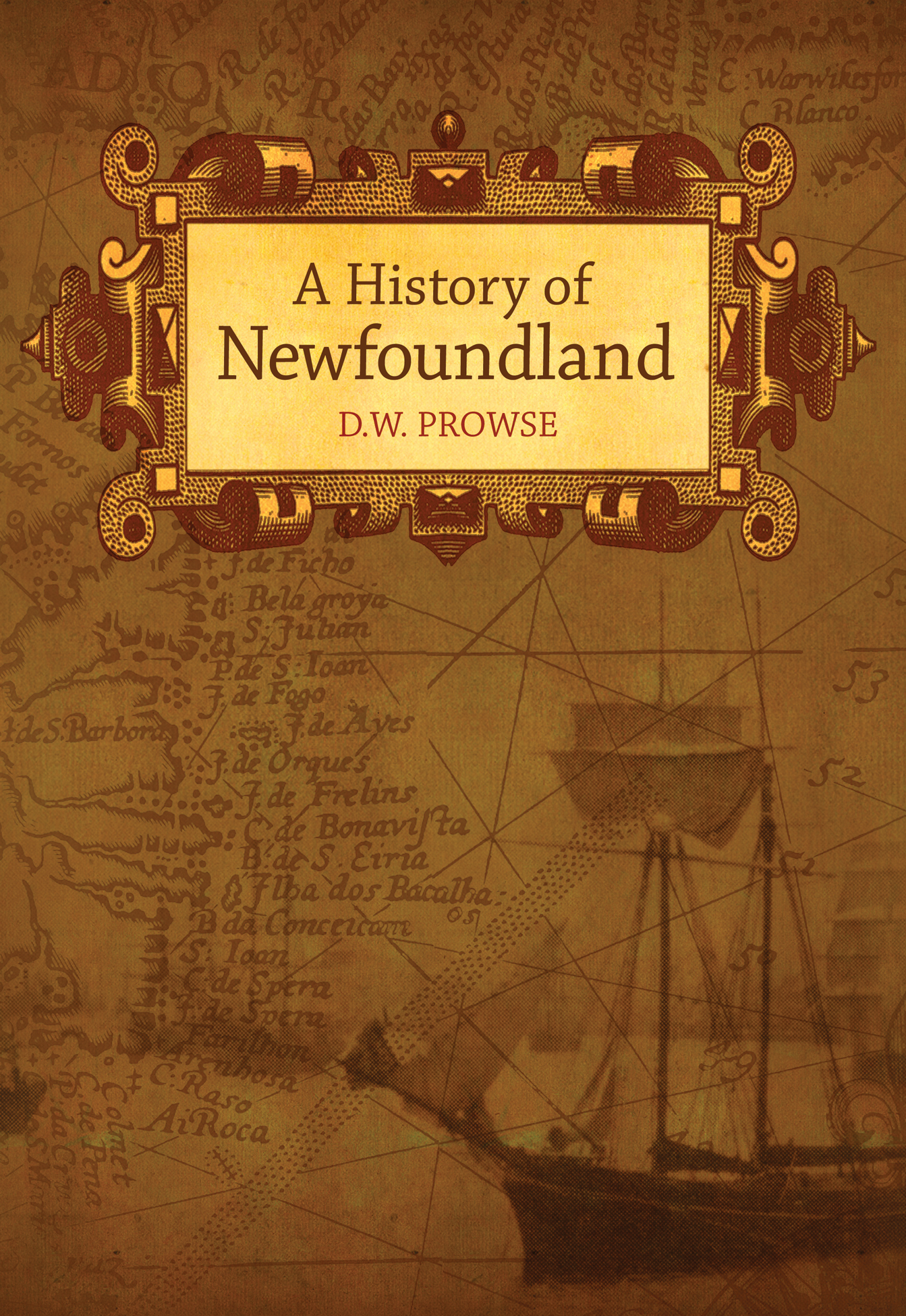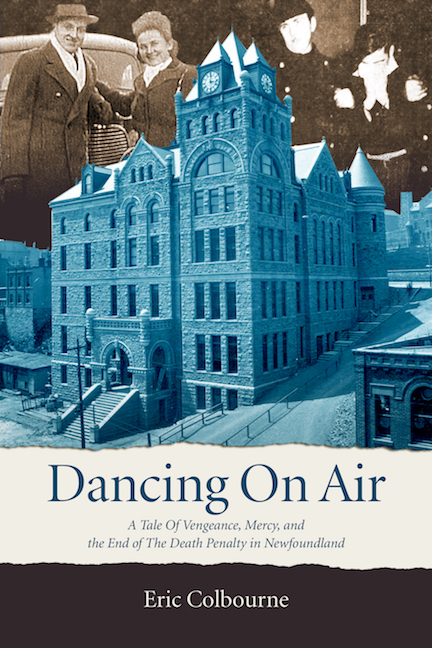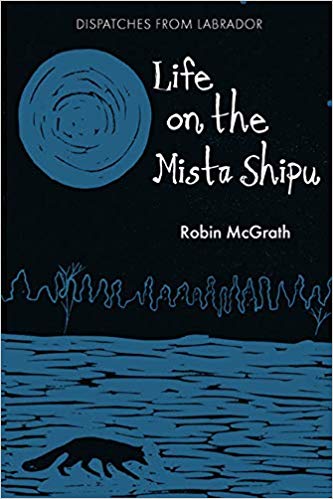‘Together, we’ve got a fighting chance’: Ed Finn’s extraordinary life
At first, the title of Ed Finn’s memoir Ed Finn: A Journalist’s Life on the Left seems somewhat misleading for a couple reasons.
Firstly, Ed Finn was more than your everyday journalist. In fact, he was the first NDP leader ever in Canada (formed as the Newfoundland Democratic Party in 1959 and a precursor to the New Democratic Party a few years later).
Secondly, journalists aren’t supposed to be either on the right or left of anything, but neutral in their reporting of the facts — or theoretically, anyway.
And yet the title is fitting in that Finn did indeed plant himself firmly on the left of Canadian politics where he managed a journalism career that would permit him to both comment and contribute to such major issues as the nationalization of Canada’s unions, labour rights, poverty and the role of big business.
Modest means spur on greatness
Reading this memoir is like curling up at the feet of your favourite elder and listening to them share a life story that is interwoven with the great events, and great figures, of the nation.
Born into a family of modest means in Spaniard’s Bay, Newfoundland, Finn later moved to Corner Brook on the West Coast. From there, he tells how he would have to drop out of high school — a norm during the threadbare Great Depression — to work and contribute to his family’s meagre earnings.
A high school dropout these days is looked at with sympathy, but back then, it didn’t keep Finn from pursuing his dream of journalism, even if he had to take a circuitous route to get there.
From a printer’s apprentice to a linotype operator (don’t ask, they don’t make’em anymore!), Finn’s presence at a local paper would eventually give him the opportunity to start writing on the side. This would give him the opening he needed to show off his skill and talents — accumulated from an early age through a voracious appetite for reading, as well as an inspiring mother who loved language and instilled that passion in her son. “That a high school dropout could later succeed as a writer and editor is a testament to the times,” he writes.
Family and neighbourliness feature as a backdrop to the start of Finn’s narrative, and helps explain where he got his commitment for social causes. A Catholic upbringing may or may not have contributed to a sense of right or wrong, but faith certainly permeated life in those days. Perhaps joining a union at 18 would leave the most significant mark on him; seeing his salary double as a result certainly made him appreciate the power of organizing!
Showdowns, politics and the beginning of a career
Finn neatly divides his memoir into chapters that explore various roles and incidents that marked his career. Following a stint at the Montreal Gazette, he would return to Newfoundland to become an editor and columnist of the Western Star in his hometown.
A particularly nasty showdown between a major pulp and paper company and the local loggers would leave him and his colleagues on the wrong side of popular sentiment, supporting the recently unionized workers in the face of a government that was as anti-union as one could get — surprising to all, because it was led by a “Father of Confederation” Joey Smallwood, who had helped lead the province’s successful unification with the rest of Canada.
That episode — his first experience with “unbridled corporate power” — saw Finn resign from his job in protest of the views of his paymasters, but quickly find work helping to rehabilitate labour’s shaky image following that unfortunate chapter in the province.
But before that could happen, Smallwood called a snap election in 1959 and Finn writes about being chosen to head the Newfoundland Democratic Party, modeled after the Co-operative Commonwealth Federation (CCF), which hadn’t yet disbanded to become the NDP we know today.
They didn’t win any seats back then, but did earn seven per cent of the vote — not bad for a party that had just formed.
Politics didn’t really suit Finn, though, and he was much happier behind a typewriter. And even though he types with only two fingers to this day — he’s certainly written much, as a public relations officer for various important unions including the Canadian Labour Congress and CUPE.
Health care for all, and weekly columns for Finn
One of the most interesting chapters of the book, especially in light of recent opposition to U.S. President Barack Obama’s Medicare plan, is when Finn was asked by then Saskatchewan Premier Tommy Douglas to help counter the opposition to his pioneering Medicare plan. Funny now it retrospect, but back then it seemed that everyone was against the Medicare legislation that Douglas believed so wholeheartedly in, having himself almost lost a leg because his family couldn’t afford to pay for surgery.
Finn used his skills to edit a weekly tabloid paper called The Public Voice to explain the legislation and to clear up the claims made by those in opposition — which included the province’s College of Physicians and Surgeons, the Canadian Medical Association, big business and mostly all the newspapers and broadcast media.
Thankfully, the legislation passed (though watered down), and Douglas would many years later be inducted into the CMA’s Hall of Fame as a “Father of Canadian Health Care.”
Finn would go on to write a weekly column on labour affairs for the Toronto Star for 14 years, and, by his estimation, that amounted to 800,000 words with several of his columns, as well as longer essays are featured in the book. He was admittedly lucky to have such a platform considering he wrote it while holding down a job as a union PR director!
Among his pet issues: Canadian union autonomy, cooperation amongst labour, business and government, a national strike fund and more control over pensions for unions and workers.
A distinguished career built like a runaway train
Finn’s long career — which is still going strong at 87 — culminated in his current role as an editor at the Canadian Centre for Policy Alternatives which publishes research and policy statements to clarify issues to Canadians that might otherwise be framed by neo-conservative interests.
Amazing that Finn was able to find so much work struggling for social justice issues while pursuing a love of the written word. His success is testament not only to the times he grew up in, but also to the traditional media landscape that only began to crumble in the past decade.
It’s a good thing Finn finally gave in to writing his memoir — not just for his friends and family, who cajoled him into doing it, but for all Canadians, so that his role in the country’s progress could be understood and appreciated.
“Individually, most of us are powerless. Together, we’ve got a fighting chance,” he said in 1994 during a speech following his receipt of an honorary Doctorate of Laws from Memorial University in Newfoundland.
Words he so clearly lives by.
https://rabble.ca/books/reviews/2014/01/together-weve-got-fighting-chance-ed-finns-extraordinary-life





Reviews from people who purchased this title
There are no reviews yet.